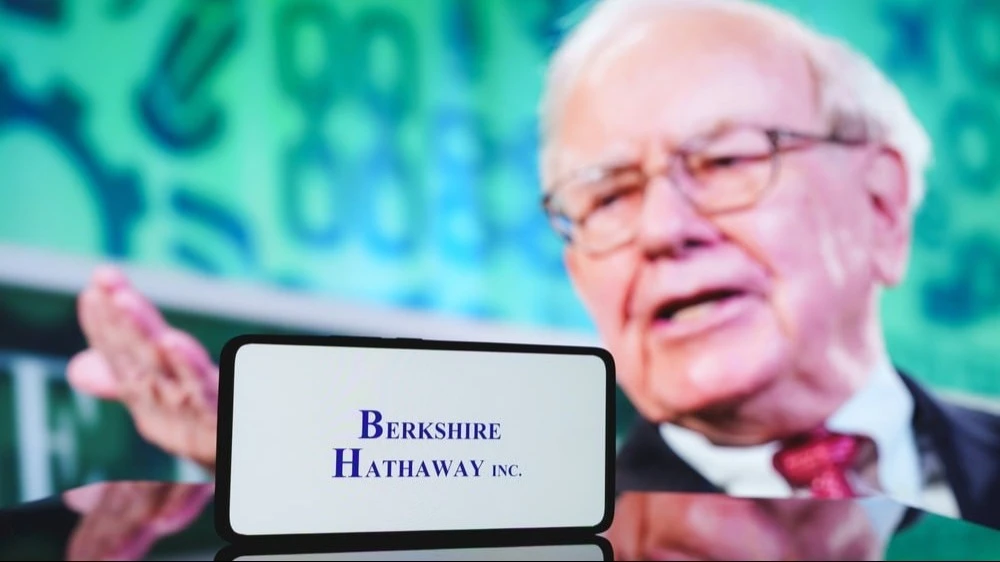"The Buffett Indicator" hit a new record and reached 217%. Foreshadowing of a collapse or points of growth?
U.S. stock values are now far outpacing economic growth

Legendary investor Warren Buffett's preferred overbought stock indicator has reached an all-time high of 217%, surpassing the levels of the dot-com bubble and pandemic rally. This indicator reflects an overheated U.S. stock market, with the value of securities rising much faster than the economy. Buffett's company Berkshire Hathaway has sold more shares than it bought for 11 consecutive quarters: this could be a signal that the billionaire is preparing for at least a correction.
Details
"Buffett Indicator" reached an all-time high of 217%: this value was above the peaks of the dotcom bubble at about 190% in 2000 and the pandemic rally of 2021, notes CNBC. The indicator shows that the U.S. stock market has gone far ahead of the growth rate of the national economy, indicating a potential overheating, the channel writes.
The indicator is calculated as the ratio of the total capitalization of all U.S. public companies (as measured by the Wilshire 5000 index), to the gross national product. In 2001, Warren Buffett called the indicator "probably the best single measure of where valuations are." Historically, values below 80% were considered to signal an undervalued market, a range of 80-100% was considered normal, and exceeding 100% indicated overvaluation. The long-term average since the 1970s has been around 85%, so the current 217% looks almost triple the norm.
What's going on
Among the reasons for the growth of the indicator analysts call sustained investor interest in technology stocks, in particular Nvidia securities, optimism around the development of artificial intelligence, easing inflationary pressures and expectations of further rate cuts by the Federal Reserve, writes IDN Financials. An additional factor was strong corporate reports, which reinforced confidence in high market valuations.
In parallel, other indicators are also signaling overheating. According to Bloomberg, the S&P 500 index has not fallen more than 2% for 107 consecutive trading sessions, the longest such period since July 2024. Despite a traditionally weak September, the index has managed to add about 3% since the beginning of the month.
The price/earnings ratio for the S&P 500 has now also reached a record high of 3.33, CNBC writes, citing Bespoke Investment Group. By comparison, it was 2.27 at the peak of the dotcom bubble in 2000 and 3.21 in 2021, after which it declined. Another important measure of stock market valuation is CAPE or Shiller P/E, which is calculated as the ratio of price to 10-year average inflation-adjusted earnings. This index reached 39.9, the third highest value in the last 150 years. It only went higher at the peak of the dot-com bubble, CNBC added.
Context
Warren Buffett himself has not commented on the indicator for a long time, but his actions indicate caution, emphasizes CNBC. Berkshire Hathaway has been a net seller of shares for 11 consecutive quarters, and the company's cash reserves reached $344.1 billion at the end of the second quarter of 2025. Many analysts believe that Buffett may be preparing for a possible correction or even a major market crash, MotleyFool specifies.
This article was AI-translated and verified by a human editor
